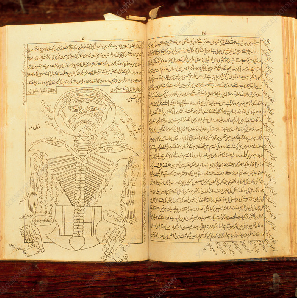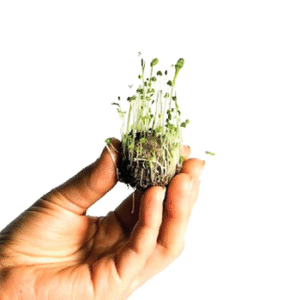A vital piece of India’s medical and literary history has gained renewed attention as scholars highlight the first known Persian text on both Unani and Ayurvedic systems of medicine, authored in the early 16th century and later printed in 1987 by the renowned Naval Kishore Press in Lucknow, Uttar Pradesh.
The historic manuscript, titled after its author, was written by Hakim Bahwa bin Khwas Khan in 1512–13 CE. This pioneering work marks one of the earliest efforts to synthesize two ancient healing systems—Unani, rooted in Greco-Arabic traditions, and Ayurveda, the indigenous Indian system of holistic medicine.
Experts say the text is a landmark in Indo-Persian medical literature, offering detailed insights into:
- Diagnosis through temperament and humoral balance
- Ayurvedic concepts like doshas, herbs, and seasonal care
- Unani formulations, compound medicines, and pulse reading
- Integrated approaches to physical, mental, and spiritual healing
“It is rare to find such an early fusion of Unani and Ayurvedic knowledge in Persian,” said Dr. Sameena Rizvi, a historian of medicine. “Hakim Bahwa bin Khwas Khan’s work is a testimony to the pluralistic and scholarly spirit of India during the medieval period.”
The 1987 edition, printed by Naval Kishore Press — one of South Asia’s oldest and most respected publishers of oriental texts — revived interest in the treatise and made it accessible to modern researchers, hakims, and Ayurvedic scholars.
Cultural and academic organizations are now advocating for a digital reprint, translation, and annotated commentary on the text to ensure its preservation and inclusion in India’s medical and literary heritage.







